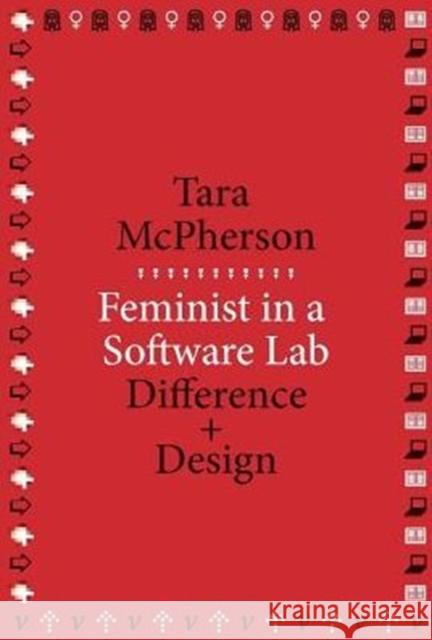Feminist in a Software Lab: Difference + Design » książka
Feminist in a Software Lab: Difference + Design
ISBN-13: 9780674728943 / Angielski / Miękka / 2018 / 286 str.
For over a dozen years, the Vectors lab has experimented with digital scholarship through its online publication, Vectors, and through Scalar, a multimedia authoring platform. The history of this software lab intersects a much longer tale about computation in the humanities, as well as tensions about the role of theory in related projects.In the provocative essay "Where Is the Cultural Criticism in the Digital Humanities?" Alan Liu argues that "while digital humanists develop tools, data, and metadata critically . . . rarely do they extend their critique to the full register of society, economics, politics, or culture." Many scholars have taken issues of gender or race as a central concern in digital projects, including Martha Nell Smith, Susan Brown, Melissa Terras, Laura Mandell, and Julia Flanders. Nonetheless, this critique--the difficulty of centering theory and politics in the longer arc of the computational humanities--rings true for many familiar with the field.Tara McPherson considers debates around the role of cultural theory within the digital humanities and addresses Gary Hall's claim that the goals of critical theory and of quantitative or computational analysis may be irreconcilable (or at the very least require "far more time and care"). She then asks what it might mean to design--from conception--digital tools and applications that emerge from contextual concerns of cultural theory and, in particular, from a feminist concern for difference. This path leads back to the Vectors lab and its ongoing efforts at the intersection of theory and praxis.











